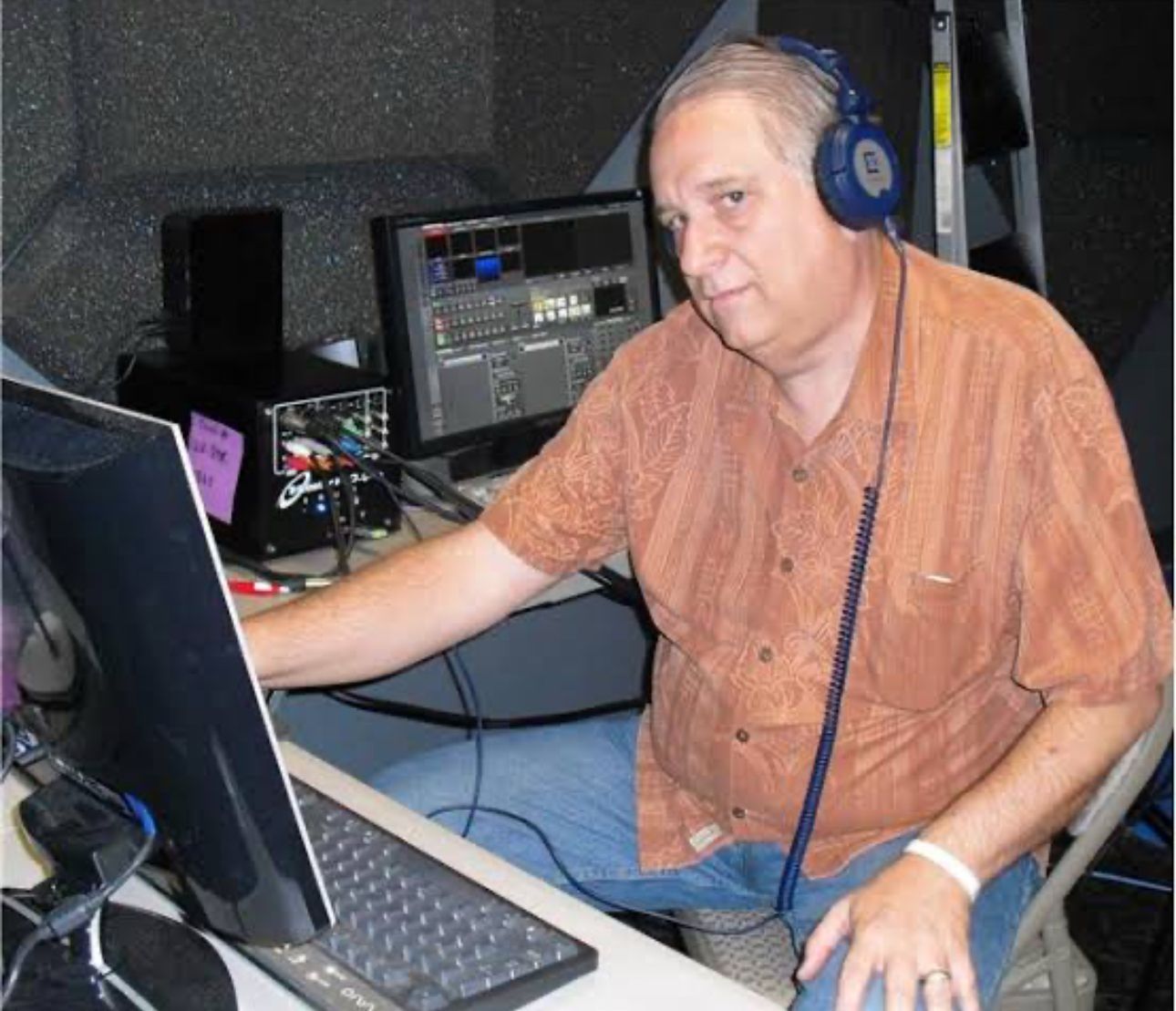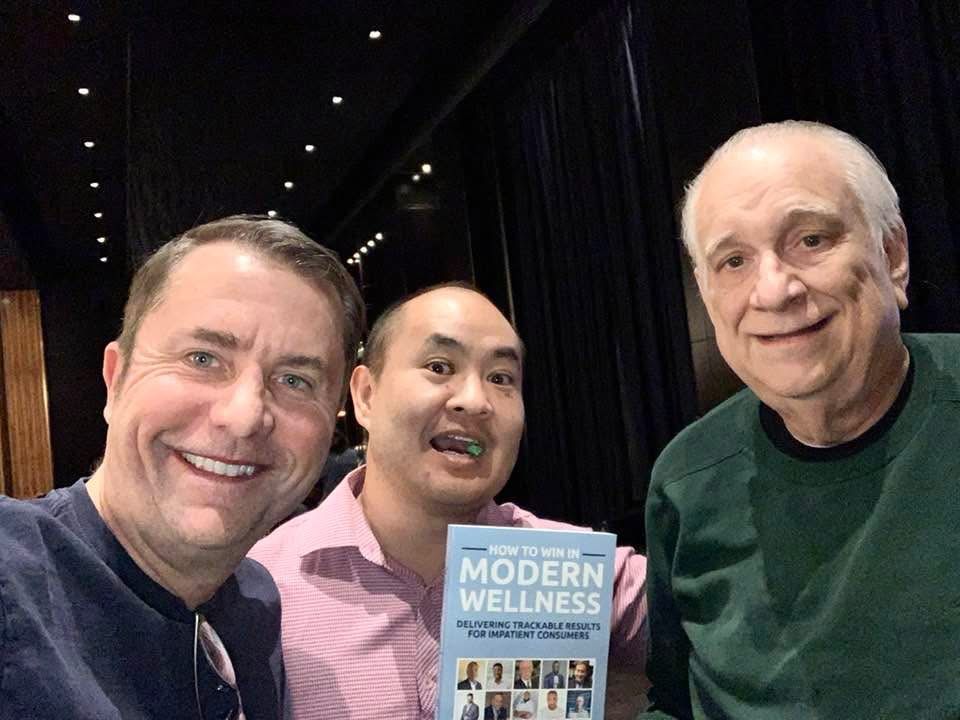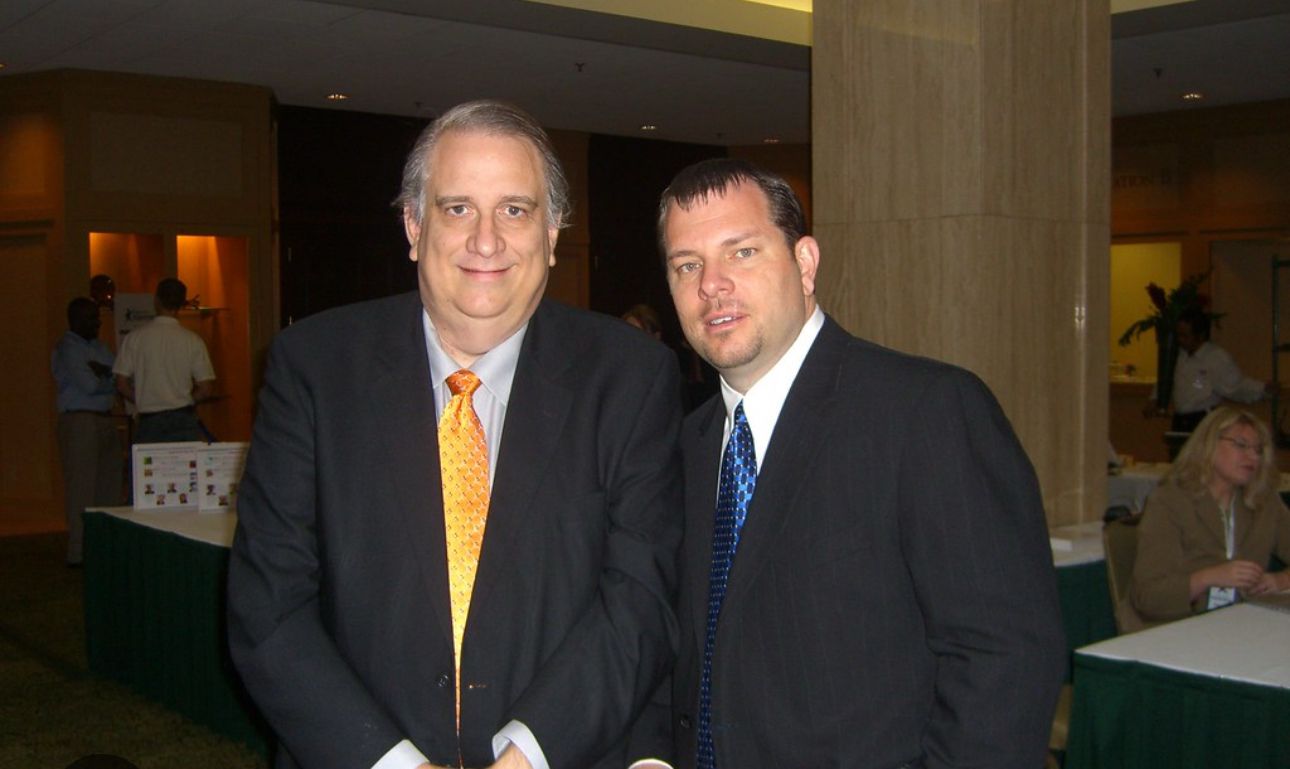How do you make your first dollar in a world dominated by social media and ever-changing technology? As a young adult, you may wonder what’s next. How can you find your place in this rapidly evolving digital landscape?

In my podcast “Your First Social Media Dollar“, I spoke with industry experts Dennis Yu and Warren Whitlock about how technology is transforming the job market. We discussed actionable steps you can take today to secure your path forward.
Warren shared how he began in the early 1980s, experimenting with online spaces before the Internet was widely known. He tried platforms like CompuServe and early AOL, finding ways to monetize his presence.
What started as a modest venture, providing services people would pay for, became a growing business he jokingly called “cheaper than therapy.” Over the years, it generated income and laid the foundation for a successful company.

As the Internet evolved into the commercial powerhouse it is today, Warren stayed ahead of the curve. In the 1990s, he adopted web browsers and early social media. He eventually explored cryptocurrency, initially hesitating to embrace Bitcoin. Despite his early doubts, he later accepted crypto payments and continued exploring new technologies.
Warren is now excited by “digital twins.” Through Twin Protocol, he envisions a secure digital vault for personal content, articles, videos, and records, aking them easily accessible and organized. It’s like a high-tech filing cabinet enhanced by AI, capable of refining and repurposing content in various ways.
He believes these digital archives can support creative efforts, provide health data on demand, and serve as a foundation for AI-driven interactions.
Emerging technologies allow anyone to start ventures, build personal brands, and make meaningful connections. Warren shows that staying curious, taking risks, and continuing to innovate can lead to success in today’s fast-changing digital world.

Advice for Young Adults in a Changing Economy
Emerging technologies are reshaping the world. Accessing personal information may soon be as simple as a fingerprint scan or a phone tap. AI can handle tedious administrative tasks, freeing healthcare professionals to focus on patients. Warren highlighted cutting-edge advances, like identifying diseases from tiny protein samples and implementing gene therapy, which are transforming healthcare.
Beyond healthcare, the robotics revolution is on the horizon. By 2040, the world may have 10 billion robots in use. In areas with limited resources, robots can help provide clean water or handle repetitive tasks.
As robots become as accessible as cars, technologies like Tesla’s self-driving mode could turn vehicles into income-generating robo-taxis. Warren envisions owning multiple Teslas and running them autonomously as a viable business model. The key is to think creatively and seize emerging opportunities.

The possibilities are vast. While some sci-fi ideas, like walking through walls, remain distant, many solvable problems are waiting for innovative thinkers. Industries are changing quickly, and tomorrow’s jobs will differ from today’s. The most important step is focusing on solving real problems, opportunities will follow.
Looking Ahead: Opportunities in Emerging Technology
As resources become more abundant, the goal of business shifts toward improving lives, providing access to food, water, and shelter for everyone.
In the past two decades, more people have moved out of extreme poverty. While challenges remain, there’s reason to believe that basic necessities will be accessible to all within the next 20 years.
In this new environment, relationships will be more valuable than ever. Robots and AI will handle many tasks, but what sets people apart is their ability to connect and create.
Success won’t be about the job you hold but about the partnerships you form and the problems you solve. Warren suggested even negotiations could become creative collaborations, with AI proposing innovative solutions.

Instead of searching for a job, he encouraged focusing on the problems that still need solving. That’s where the future lies.
Warren emphasized looking beyond traditional career paths. Real opportunities come from creating value, solving challenges, and building meaningful connections. Those who focus on these principles will lead the way into the future.
Warren also noted how our understanding of AI is evolving. Many expect AI to “think” like humans, but it’s designed as a tool to improve efficiency. This technology progresses rapidly. In just a year, bots may deliver more seamless interactions.
He also sees immense potential in personalized digital experiences. Imagine a digital bot version of Warren, Dennis, and my equipped with years of knowledge, interacting with anyone seeking expertise. For those aiming to influence or educate, having more data and authentic interactions increases the value of these digital connections.
Warren started by engaging deeply on platforms like Facebook, writing thoughtful responses to friends’ posts on complex topics. These interactions helped him articulate ideas, build trust, and foster community. It wasn’t about becoming an influencer, but about genuine conversations reflecting his experience and insight.
He stressed the importance of honesty and transparency in sharing content. Instead of following every trend, he encouraged staying true to your voice. Warren mentioned a YouTube channel where he simply speaks for 20 minutes weekly.
For young adults without a long track record, Warren’s advice is straightforward: “Just start. Share your journey. Even if you don’t have all the answers, invite people to learn alongside you. Over time, you’ll find your voice and build trust.”
Whether through content, conversations, or leveraging technology, Warren’s message is clear: be real, provide value, and keep learning.
